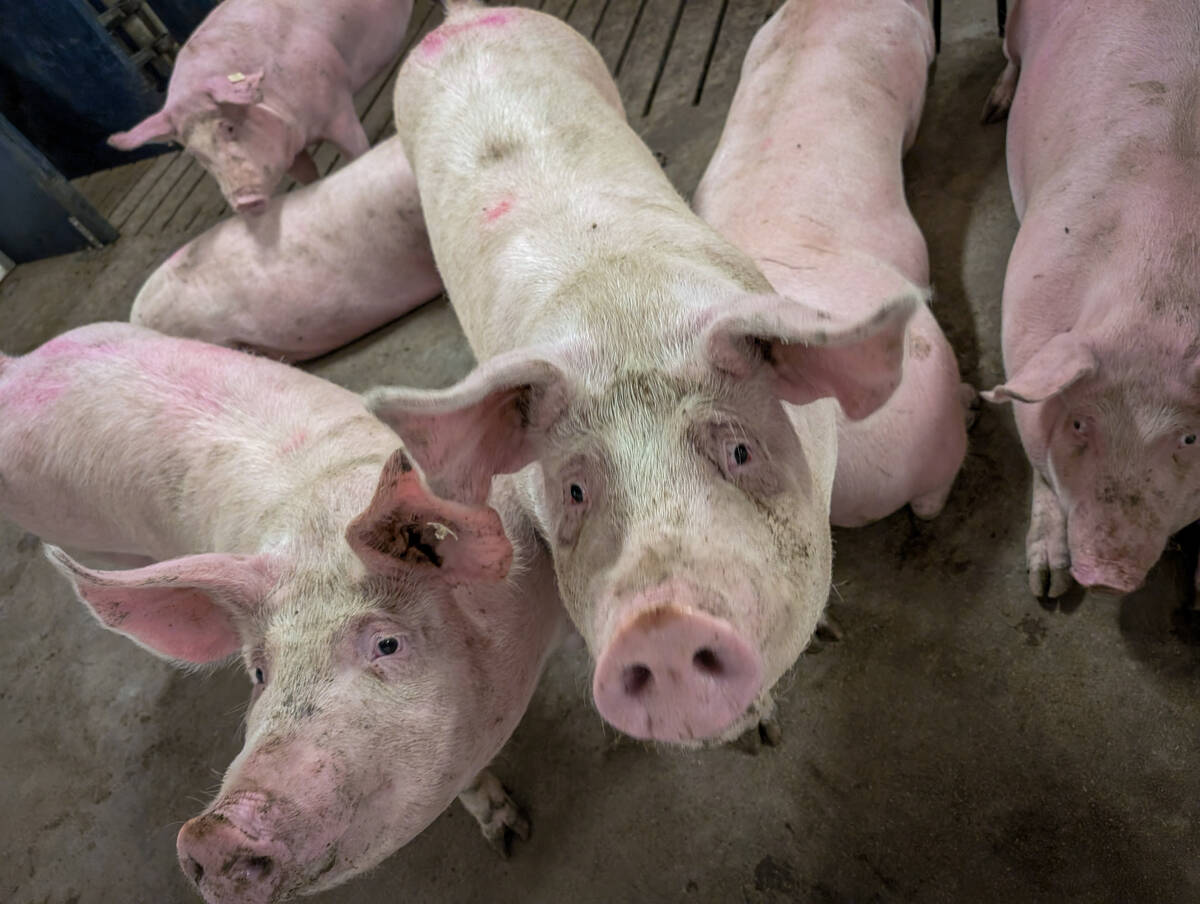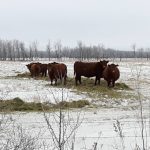Coming under public pressure to fix a bill seen as giving the Alberta government “unfettered powers to take land,” the province now plans amendments to give landowners “greater certainty.”
The province’s Bill 19, introduced last month, is a “land assembly” act that lays out the process for the province to designate land it may need for future “large-scale infrastructure projects” such as transportation utility corridors or water management.
The province at that time said the proposed Land Assembly Project Area Act “recognizes the need for government to proactively assemble land for major infrastructure projects, while helping ensure that government uses its authority responsibly by taking the interests of Albertans into account before making a final decision to undertake a project.”
Read Also

No way to segregate gene edited pigs Canadian Pork Council says as groups call for labeling
Canadian Pork Council says it supports bids to get public acceptance for pigs gene edited for resistance to PRRS as some consumer and agriculture groups call for mandatory labelling.
But the bill in recent weeks has drawn fire from several environmental groups as well as the province’s general farm group, Wild Rose Agricultural Producers (WRAP).
“Compensation for land use, restrictions on what land owners can do on their own property, and the fines and imprisonment a landowner can face for violating regulations are just some of the concerns we have regarding Bill 19,” WRAP president and Camrose farmer Humphrey Banack said in a release March 10.
But provincial Infrastructure Minister Jack Hayden said Thursday these amendments “will assure landowners that they will be properly consulted, fairly compensated, and dealt with in a reasonable timeframe. It will also be clear exactly what types of projects can be considered under this legislation.”
The amended bill, he said, “does not provide government with any additional land acquisition powers or remove any legislative protection landowners currently have to ensure they receive a fair price for their land.
“The legislation improves the process that was used to assemble land for the Calgary and Edmonton ring roads by making advance consultation with Albertans mandatory before a project area can be considered for approval.”
Specifically, the amendments:
- clarify that Bill 19 can only be used to acquire land for transportation utility corridors, or for projects related to the conservation or management of water;
- require the province, once a project area is approved, to enter into negotiations to purchase land at the owner’s request, and if the two parties can’t agree on a negotiated purchase price, the landowner has the option to ask an independent third party to determine the price;
- give the government no more than two years to complete the formal consultation process and to decide whether to approve a proposed project area, thus reducing the period of uncertainty for landowners;
- put greater emphasis on the “mandatory consultation” provisions in the Act; and
- eliminate the proposed Act’s Section 13, to clarify that all rights of landowners outlined in the Expropriation Act will apply, if expropriation of land is required.
Section 13, the province said, had been “widely misinterpreted” to mean the government would override the rights available to landowners under the Expropriation Act.
WRAP’s specific concerns about Bill 19 last month included that it “does not place a time limit for government easements to stay on a land title” and also does not provide a “test or standard that the government would have to pass in order to show the land is necessary for building a project.”
Essentially, WRAP said, the bill “allows the government to purchase land, but does not present any guarantee that land will be purchased leaving the landowner with property that could have restrictions on building, constructing, and expanding.”
“If someone were to purchase that property, they too would be subject to the same restrictions as the previous owner,” WRAP’s Banack said.
Environmental groups including Greenpeace and the Sierra Club had also gone public last month with concerns that the bill “removes the existing rights of landowners and the public to question the development of major infrastructure by criminalizing any objections with a $100,000 fine and/or two years in jail.”















